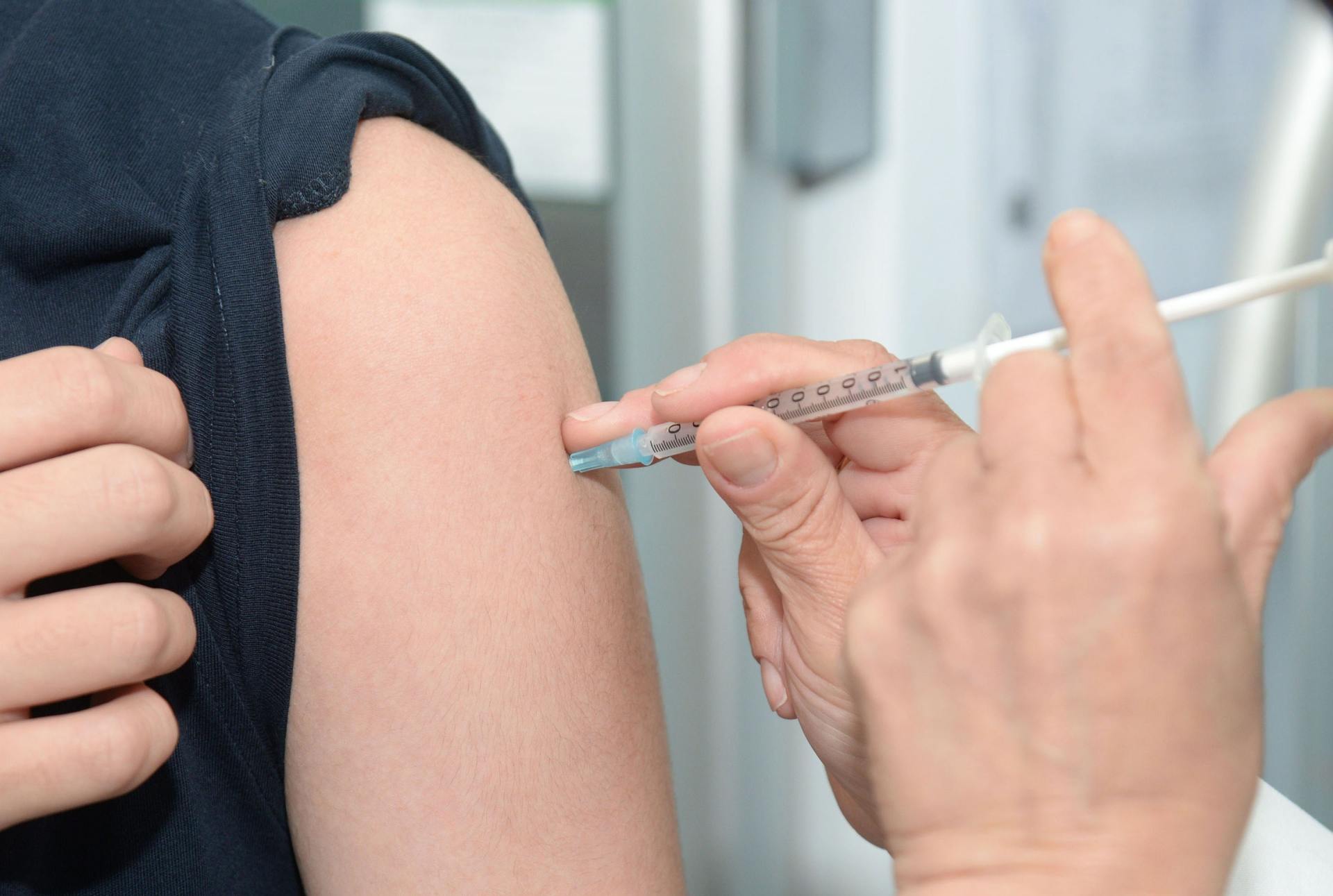Celebrating Women's Health Month in May

May is designated Women's Health Month, a time dedicated to promoting awareness and education about prioritizing female health. It's a month to celebrate the incredible strength and resilience of women while also acknowledging the unique health challenges they face.
Let’s unravel the significance of Women's Health Month, explore key focus areas, and provide actionable tips for women to take charge of their well-being throughout the year.
Why Is Women's Health Month Important?
Compared to men, women experience a distinct set of health risks and concerns throughout their lives. These differences start with biological factors like hormones leading to societal pressures and access to healthcare resources. Women's Health Month serves as a reminder to bridge this gender gap in health.
Heart Disease
Heart disease, often considered a "man's disease," is the leading cause of death for women in the United States. This month sheds light on the unique presentation of heart disease symptoms in women, which can be subtle and differ from those typically seen in men. It emphasizes the importance of understanding risk factors specific to women, such as gestational diabetes, polycystic ovary syndrome (PCOS), and preeclampsia.
Breast Cancer
Breast cancer is the most common cancer among women in the United States, excluding skin cancer. This month is the best time to raise awareness about early detection methods. It encourages self-examinations, knowledge of family history, and the importance of scheduling regular mammograms based on age and individual risk factors.
Addressing the Rise in Mental Health Concerns
Depression and anxiety are significantly more common among women, affecting them at roughly twice the rate of men. Women's Health Month highlights the often overlooked and undertreated issue of mental health in women. We must encourage open dialogue, promote the availability of mental health resources, and emphasize the importance of seeking help when needed.
Reproductive Health
Reproductive health encompasses many issues that significantly impact women's lives. May is a month that advocates for comprehensive reproductive healthcare access, including family planning services, prenatal and perinatal care, and gynecological health.
Specific Health Concerns by Age Group
Women's health needs evolve throughout their lives. Understanding how these needs change helps women prioritize different aspects of preventive care at different stages:
Young Women (Ages 18-30)
This age group should focus on establishing a strong foundation for lifelong health. Regular checkups with a primary care physician or gynecologist are important. Developing healthy habits like a balanced diet, regular exercise, and adequate sleep sets the stage for future well-being. Learning about birth control options and cervical cancer prevention is also important during this period.
Women in Their Prime (Ages 30-50)
This stage often involves juggling a career, family, and personal health. Staying on top of preventive screenings like mammograms and pap smears becomes essential. Key considerations include stress management, balanced nutrition, and a healthy weight. This is also a time to discuss potential concerns related to fertility, pregnancy, and childbirth with a healthcare professional.
Perimenopause and Menopause (Ages 40-60+)
Fluctuating hormones during perimenopause and menopause cause new health concerns. Women in this stage should be aware of symptoms like hot flashes, sleep disturbances, and mood changes. Regular checkups with a healthcare provider are integral to navigating these changes and managing potential risks like osteoporosis and cardiovascular disease.
Actionable Strategies for Every Woman
Beyond designated health months, here are some proactive strategies to champion your health throughout the year:
- Be Your Health Advocate: Don't be afraid to ask questions and voice concerns to your healthcare provider. Research information from reputable sources, like government health agencies or recognized medical institutions.
- Find a Healthcare Provider Who Listens: Building a trusting relationship with a healthcare provider who understands your unique needs is paramount.
- Build a Support System: A network of friends, family, or a support group can provide valuable encouragement and guidance on your health journey.
- Embrace Preventative Care: Schedule regular checkups, screenings, and vaccinations as recommended by your healthcare provider. Early detection empowers timely action and improves health outcomes.
- Embrace Healthy Habits: Make small but sustainable changes to your lifestyle. This could include incorporating more fruits and vegetables into your diet, finding an exercise routine you enjoy, and prioritizing mental well-being through activities like mindfulness or meditation.
- Schedule "Me Time": Dedicate time for self-care activities that reduce stress and promote relaxation. You can start with activities like yoga, reading, spending time in nature, or pursuing hobbies.
- Manage Stress: Chronic stress can significantly impact your health. Explore healthy coping mechanisms like journaling, deep breathing exercises, or relaxation techniques.
- Seek Financial Assistance (If Needed): Financial constraints can hinder healthcare access. Research government programs or non-profit organizations that offer financial assistance for preventive screenings or healthcare services.
- Advocate for Change: Women's Health Month is a time to raise your voice and advocate for improved access to quality healthcare, affordable preventative services, and research on women's health needs.
The Role of Community and Collaboration
Promoting women's health goes beyond individual actions. Building a supportive community and fostering collaboration create a healthier future for all women. Here's how:
- Empower Other Women: You must share your knowledge and experiences with other women. Encourage open conversations about health concerns and the importance of self-care.
- Support Women-Led Organizations: Consider donating to or volunteering with organizations dedicated to women's health research, advocacy, and education.
- Celebrate Diversity: Recognize that women's health experiences differ based on race, ethnicity, socioeconomic status, and sexual orientation. Support initiatives that address these disparities and promote inclusive healthcare access.
This May, take charge of your health!
Sugarloaf Urgent & Primary Care understands the unique needs of women. Our experienced team offers comprehensive women's health services, from routine screenings to personalized care for every stage of life.
Schedule an appointment today and prioritize your well-being!














